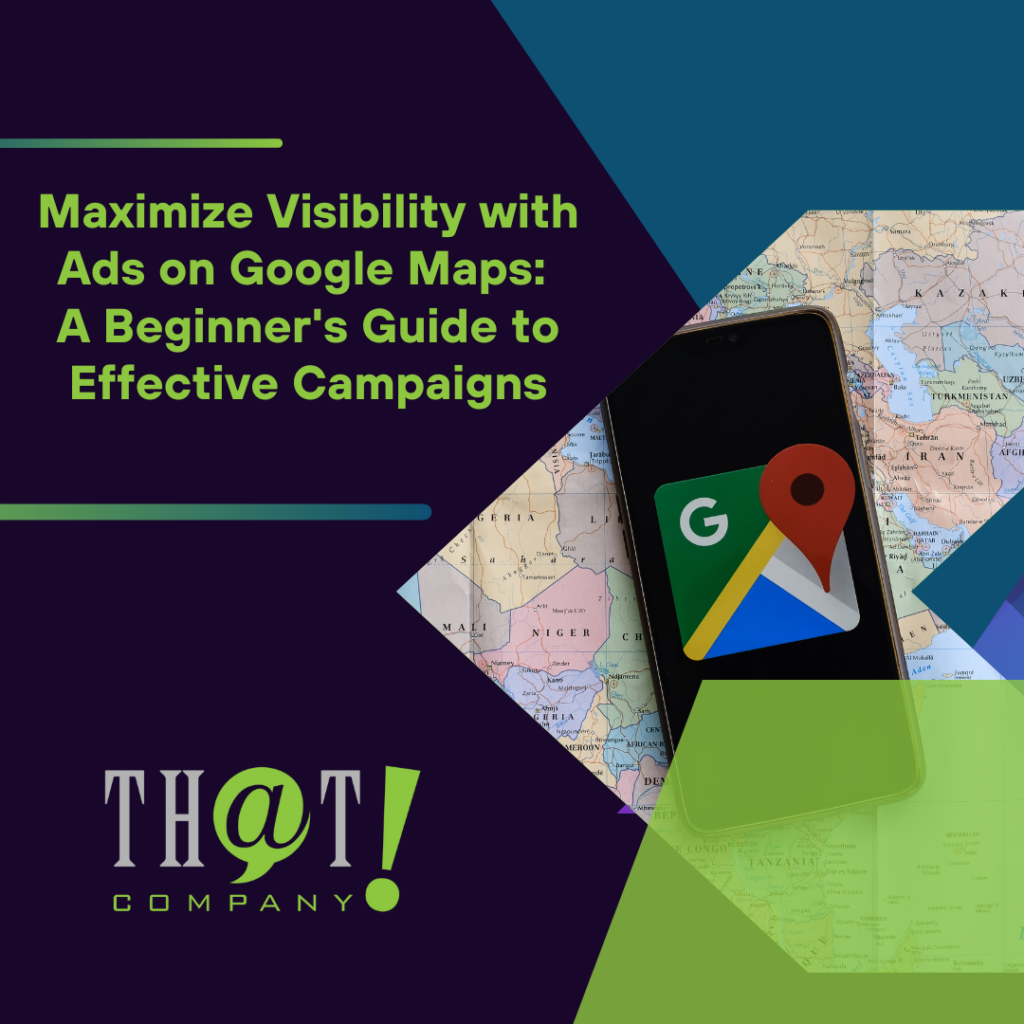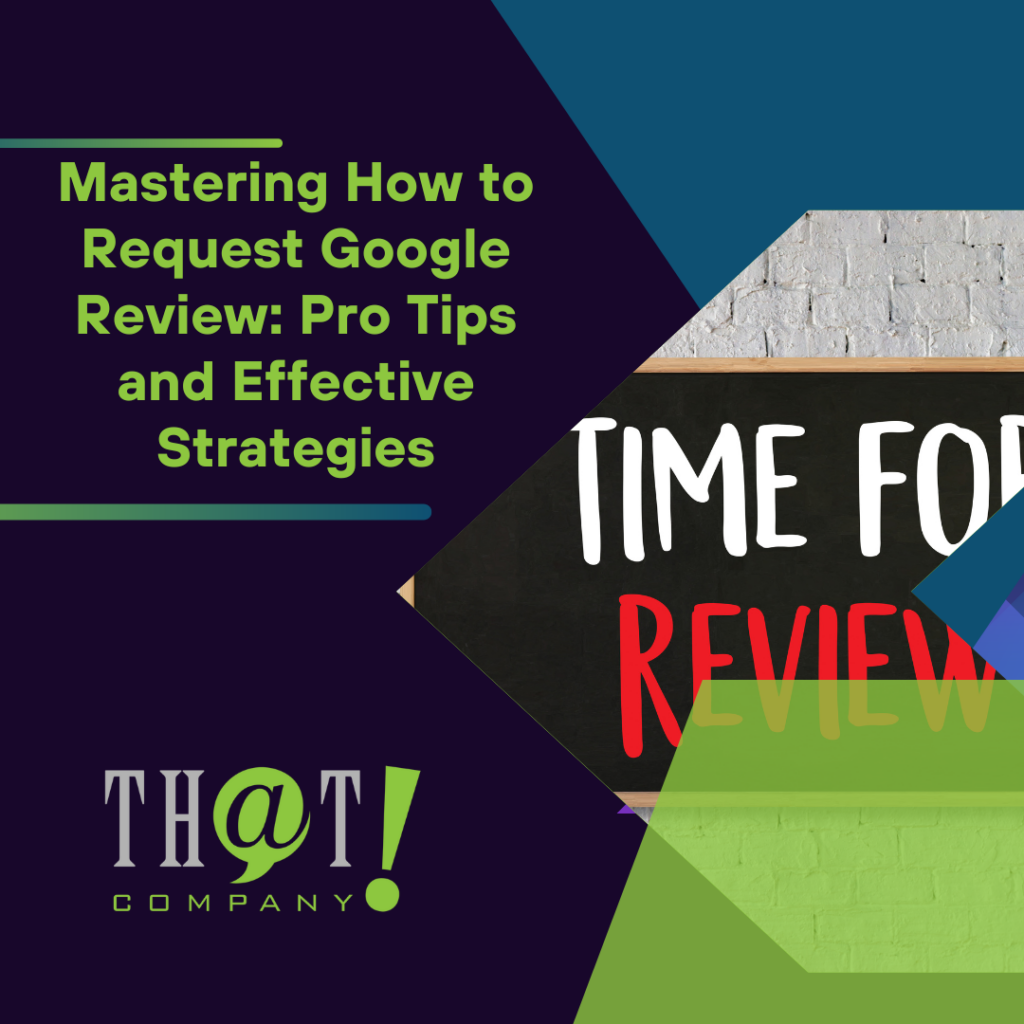Publishers are creating private ad exchanges, taking control of user data and cutting out third-party ad networks, according to a recent New York Times article.
CBS Interactive and Forbes.com “have created their own ad exchanges to directly sell the lower-priced ads called remnants that typically run at the bottom of their web pages or on secondary pages,” according to the Times article.
NBC Universal, Weather.com and Turner Broadcasting Systems have launched similar private ad exchanges.

This is giving publishers more control over consumer data.
That! Company is the word leader in White Label Digital Marketing. We deliver results for agencies large and small world-wide. Learn More about our White Label Services and how we can help you achieve the results you deserve today!
Third-party ad networks often use snippets of code called cookies to track users. They then sell the data to other parties. Sometimes those parties can be a publisher’s direct competitor.
Data collected includes what browser the person is using, the IP address and location of the user, the number of sites the user has visited and the current site the user is viewing.
This data can help advertisers strategically place ads in front of specific users. It’s similar to how Facebook places its ads. Facebook places ads in front of users based on the brand “Pages” they “like.”
This strategy can reduce the risk of placing an ad for products and services users don’t want or need. For example, it would be a waste of time and money for an advertiser to target an ad for diapers to a single male with no kids.
“Real time bidding” allows advertisers to bid on specific users at specific times.
NBC created the Universal Audience Platform. Weather.com created Category 5 and often sells ad space to Sprint, Chevrolet, Hewlett Packard and Microsoft
“I think the days of being reliant on third-party companies are numbered,” said Jason Kelly, the chief media officer for Admeld, a technology company that helps publishers manage their online advertising,in the Times article “Agencies are investing in technology. Publishers are now investing in technology. Publishers are looking to own the relationship with their clients.”
























 Talk With Us
Talk With Us  Give Some Love
Give Some Love 


